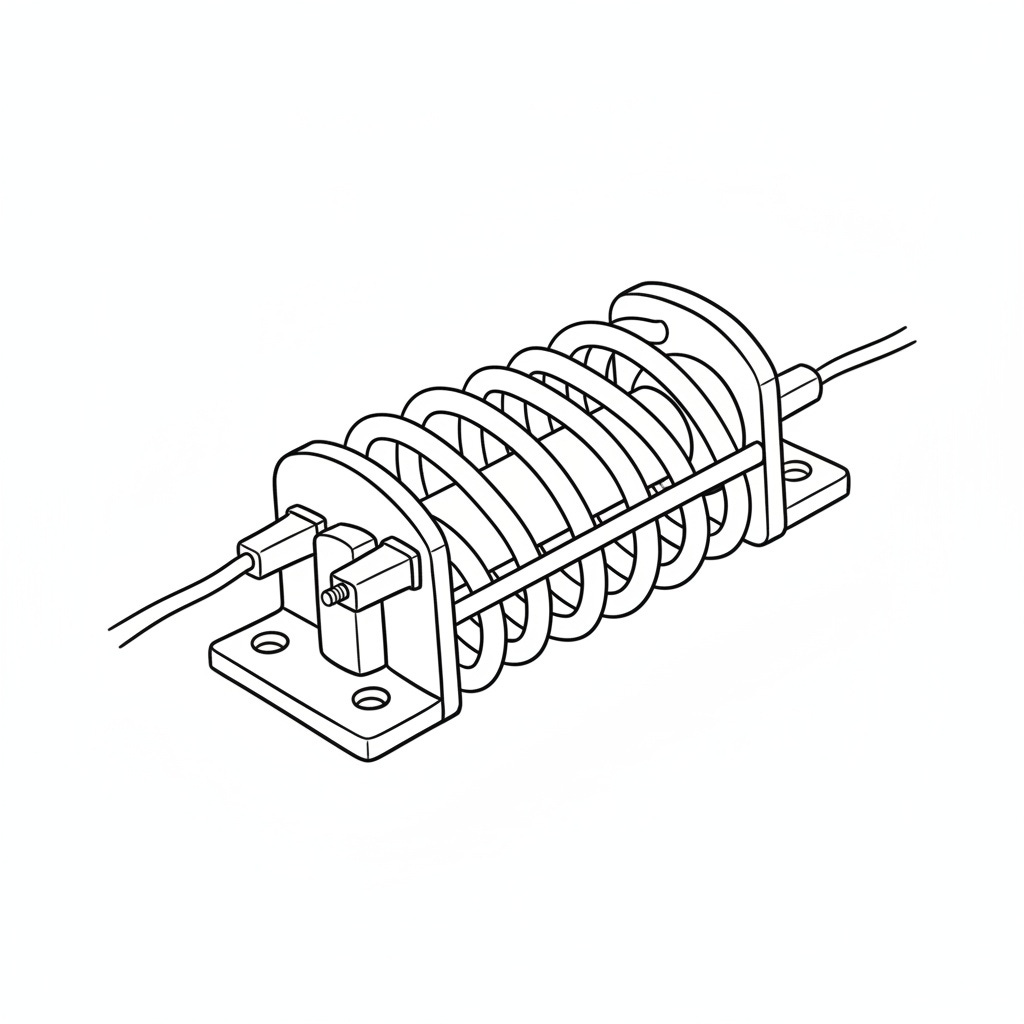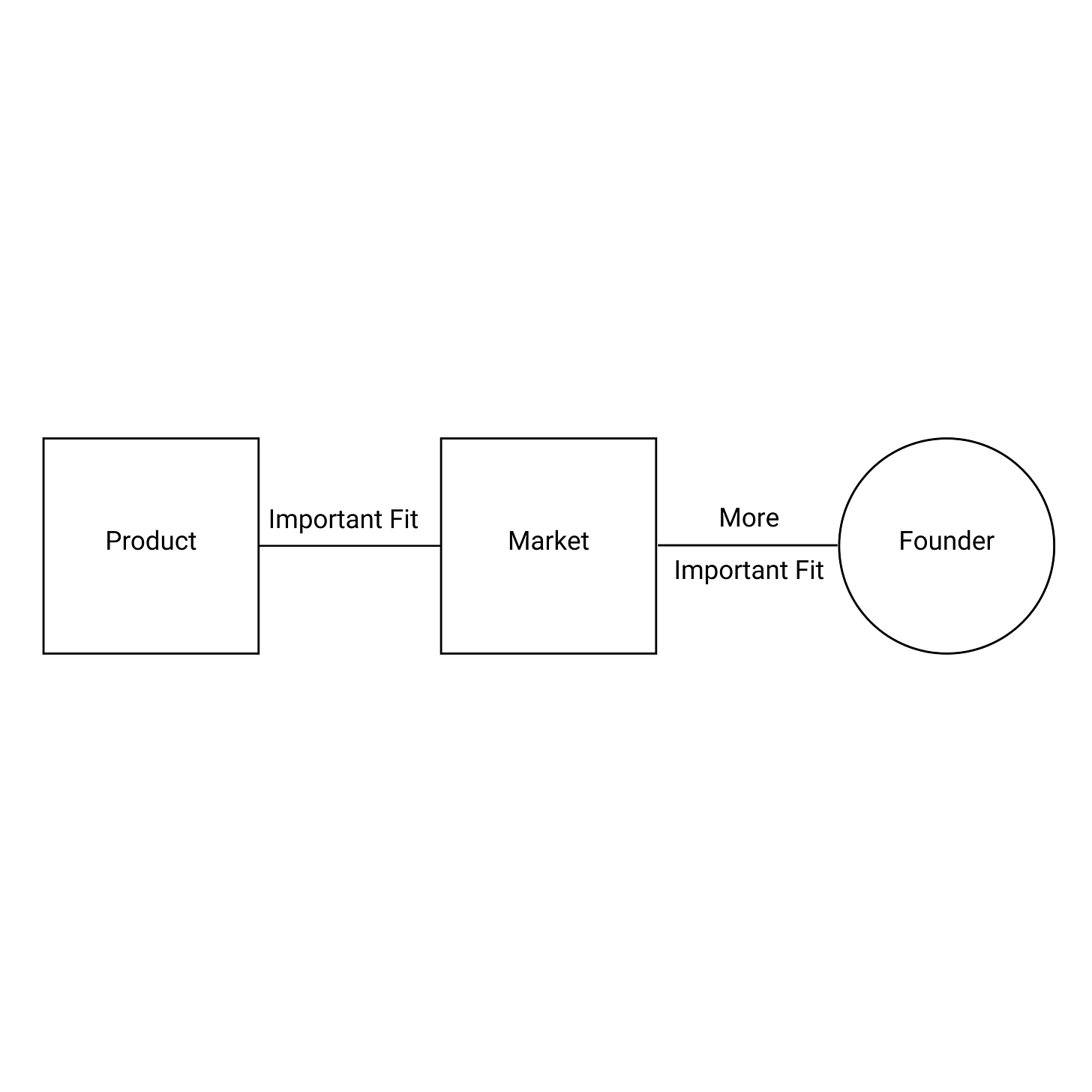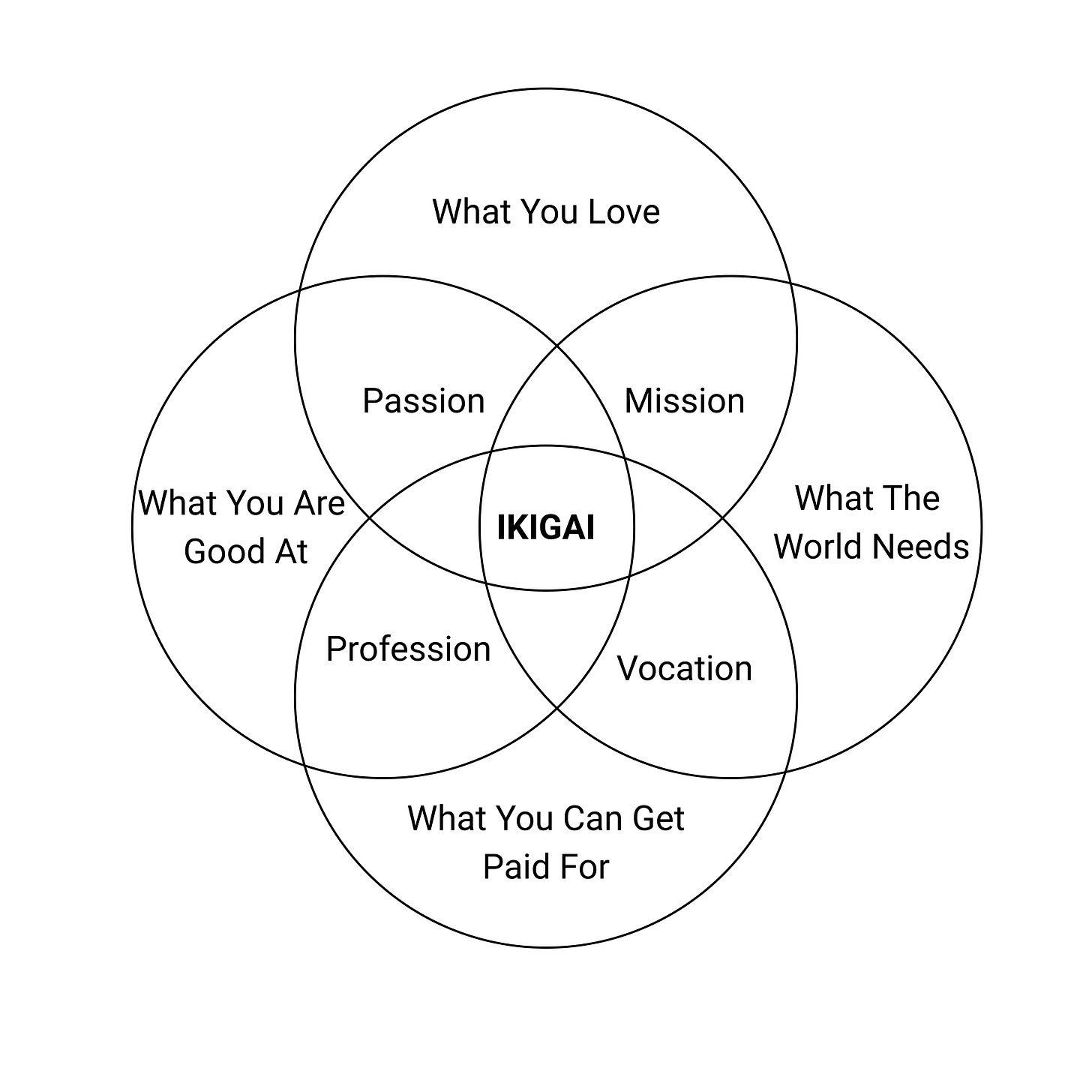Lessons from My Favorite ‘Failed’ Startup
What a Broken Solenoid Taught Me About Building a Business
The best learnings I have earned as an investor come from the mistakes I have made as an operator. This post is about how I stubbled on “founder market fit,” how painful it felt, and how easy it is for anyone who starts a business (whether it’s a tech startup or a small business) to fall in love with the opportunity rather than finding purpose in solving a customer pain point.
I was lucky enough to land a first job (outside of a family business), that I thoroughly enjoyed and ended up spending about 6 years with the company working in 4 different countries. At around the 18 month mark, while I was working, learning and growing, I started getting an itch of feeling like I wanted to do more. It felt like I wasn’t doing enough in life, little did I know that feeling would continue to follow me until today.
As a result of that itch, I ended up exploring more than 20 ideas to build businesses around. Some alone, some with my brothers, some with friends, but nothing stuck. It wasn’t until a friend had an idea of importing modified golf carts and selling them that I decided to pull the trigger. The market was underserved, the product was significantly better (both looks and performance), and the end price to consumers was cheaper. It was around the same time where a major golf cart distributor decided to exit the market, so there was a clear gap. It felt like a no brainer, and the idea was that this could scale to neighboring countries. The product offering wasn’t meant to grow the market, but rather capture market share by offering a better and cheaper product.
“Wet Wheels” was born when the Golf Carts arrived from the US, they looked great, and they were fast. My business partner and I were excited. We created our Wet Wheels social media accounts, hung leaflets at supermarkets, and got sales specific cellphone numbers. We sold more than a third of our inventory within the first 4 weeks. It was around that time that we got the first angry customer call, complaining about us selling them a broken golf cart. Being a natural people pleaser I remember leaving work early to visit the customer to find out what they were doing wrong, even taking instruction leaflets that we laminated with me to avoid future calls. But they were right, the car wasn’t moving.
After a lot of trouble shooting with the source we purchased the modified cars from, we figured out the golf cart needed a solenoid replaced. I didn’t even know what a solenoid was, but I ordered one before I had the time to understand the mechanics of it. The part was on the way, of course free of change to the customer.
A few days later another customer called, same issue. And before both parts arrived we got a third call. My heart sank, did we sell people lemons? Again, I left work early and rushed to the customer but this time it was different, they used a wrong electrical voltage socket and it burned the inside of the charger. I thought easy, I’ll tell them we’ll change it for free to win them over even if it was their mistake. I’ll just go get another charger. Turns out it was a 3-week wait to get one. Hating the experience of letting customers down, my response was to order as many solenoids as cars, and half the amount of extra chargers. All of a sudden this went from a “cool high margin venture” to a “is this worth it?” venture.
The story ends well, we end up selling all the cars, they were great deals for whoever got one, they stood out so we kept getting calls. But I didn’t feel good, I kept dreading the phone call of an unhappy customer for any wear and tear part, and the unknown of what parts could be missing and whatever other unknown unknowns exist. We never ordered a second shipment. Was the opportunity there? Yes 100%, we proved there was clear demand for it, almost Product Market Fit. But this was not a business my partner and I wanted to build. Why do I consider it to be a “failed startup”? Well the north start for me was always for this to be a regional business, not make money from a few shipments of golf carts. The learnings here were more valuable than the return though. Wet Wheels taught me a few things about myself:
It’s difficult for me to sell something I don’t understand deeply.
Depending on others to maintain a quality of a product is a risk. Know it going in, that’s not a risk that I like as an operator.
Anything that’s not a consumable, should have a strong post sales customer support set up. This might seem like a no brainer, but as an eager fresh graduate coming from FMCG world into business, this was a great lesson.
It’s important for me, on a personal level, to feel that people are better off post interacting with a product / service I offer. Above and beyond experiences are a non-negotiable.
Founder Market fit is something I speak about regularly today as a quasi investor-operator. It’s a fancy way of finding out whether we have a strong enough “why” towards the customer problem we are solving. Solving that problem turns into the business, and the road towards building any generational business is filled with challenges. If the purpose is strong enough, those challenges becomes easier to lean into. There are so many words and concepts that have captured this: Raison D’être - A Great Cause - Ikigai.
I’ll leave you with a simple Ikigai framework that I think can double as finding a problem that fits within your “why”. If you’ve never done one, I think it’s never too late to explore what you can learn about yourself, I re-do mine every year.
PS - if you were a Wet Wheels customer, thank you, I still have a few solenoids in my garage to give out for free. If you weren’t, you missed out.






Thank you for sharing this and for the diagram I personally love frameworks so much, and this one is really useful!
You’ve shed light on something many founders miss: it’s not just about feasibility, projected revenue, or having a good idea. The founder themselves can become the bottleneck of their own business, without a deeper “why” that aligns with their personal purpose, it’s hard to push through the challenges or fully embrace the journey. Beyond the struggles, even the excitement and fulfillment of creating something that truly matters to you is completely different from working hard on something that doesn’t resonate, even if you end up winning it’s just different. Founders need to go beyond theoretical analysis and ask: Does this align with my deeper purpose? Does this create the impact I genuinely want to be part of?
I wish this topic was discussed more often thank you for bringing it up!
Thanks for sharing these lovely insights.
I had a very similar experience selling ice baths that we imported from China. My version of solenoids were UV filters! Likewise didn't make another order after our first batch sold out.